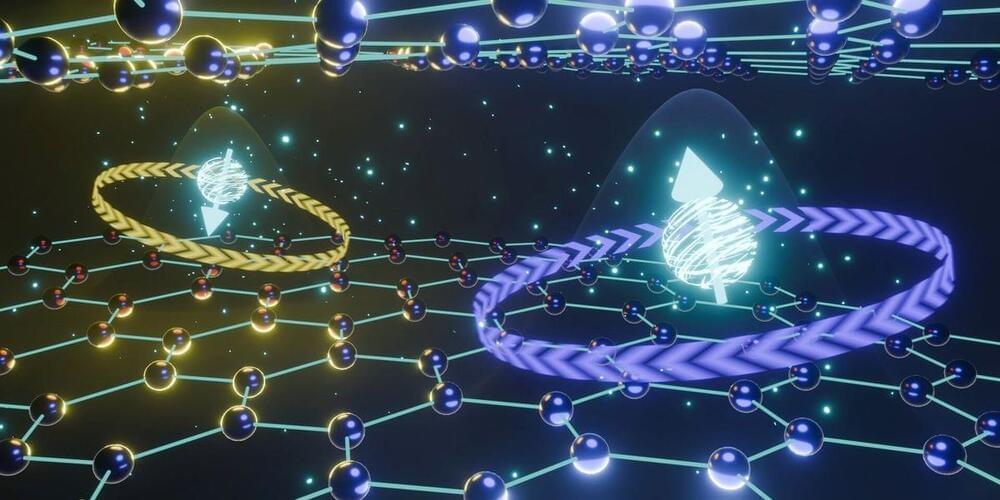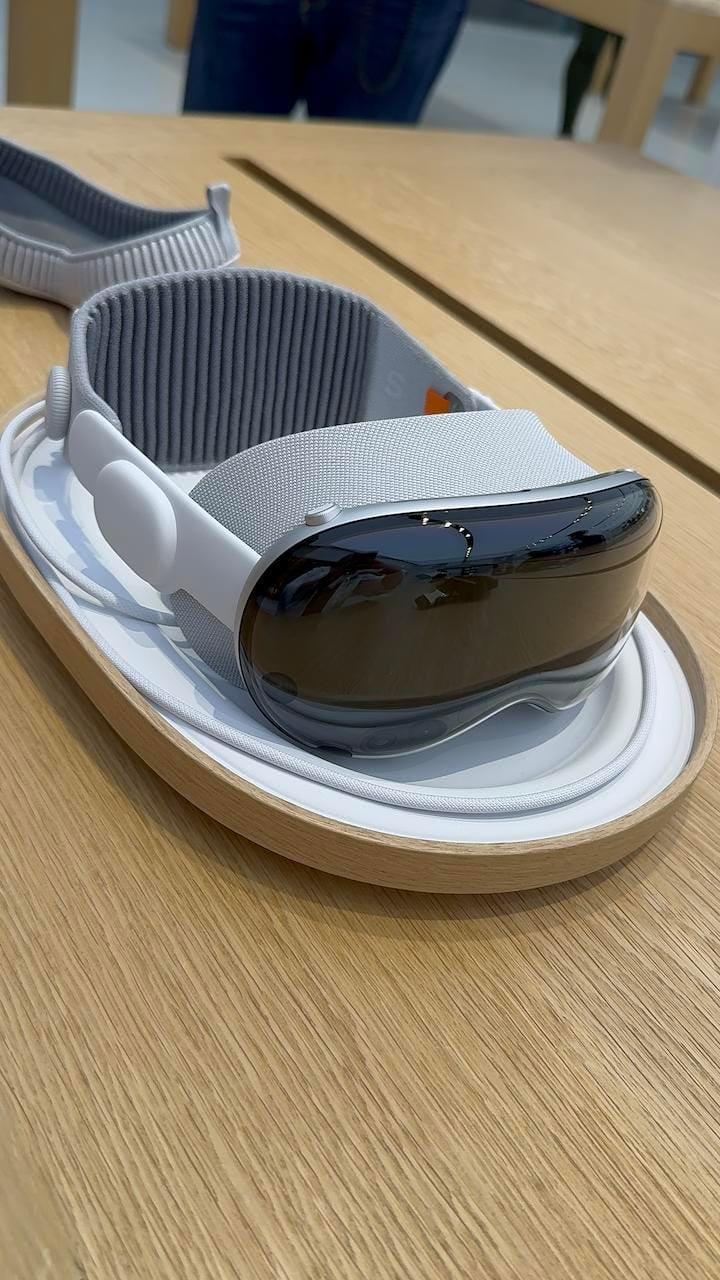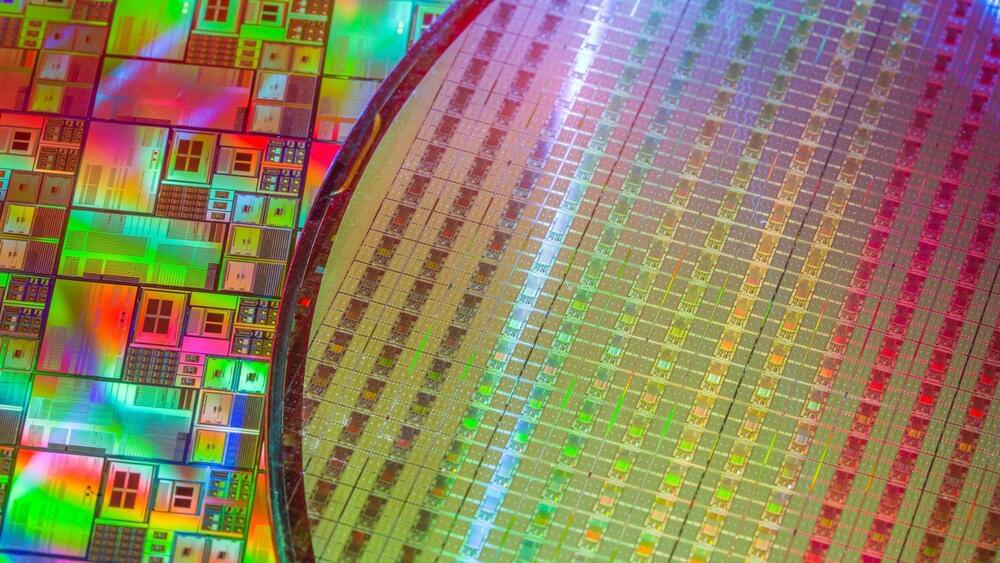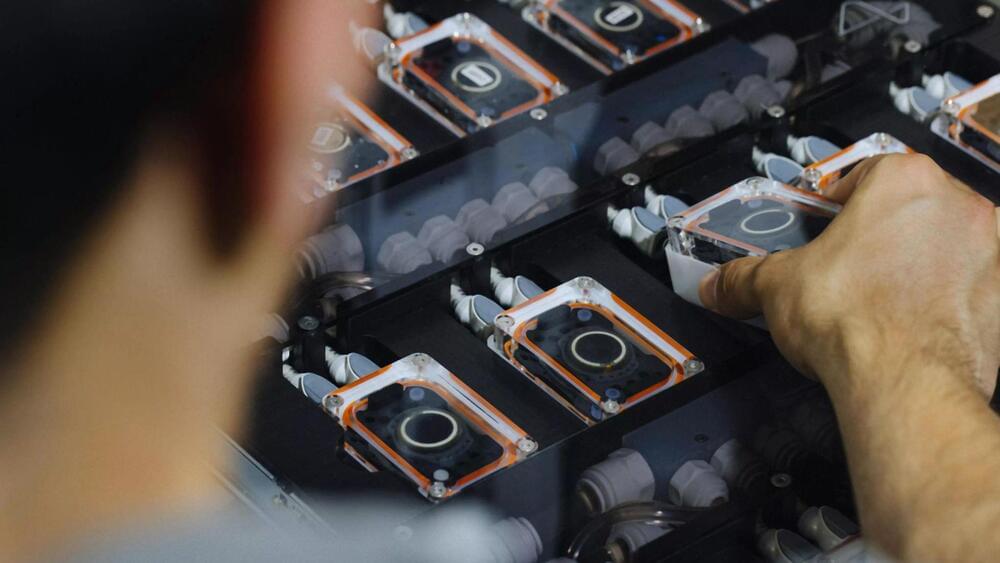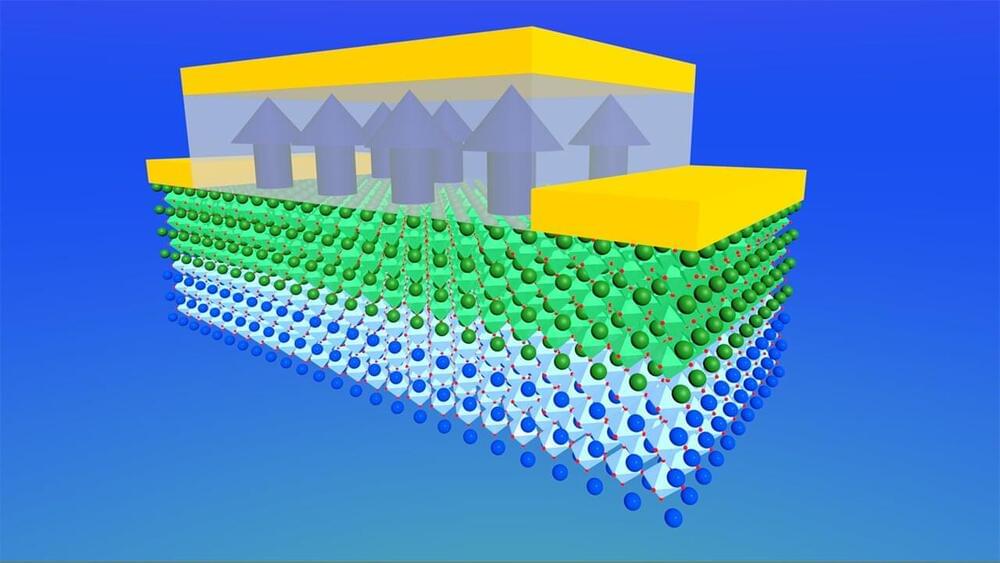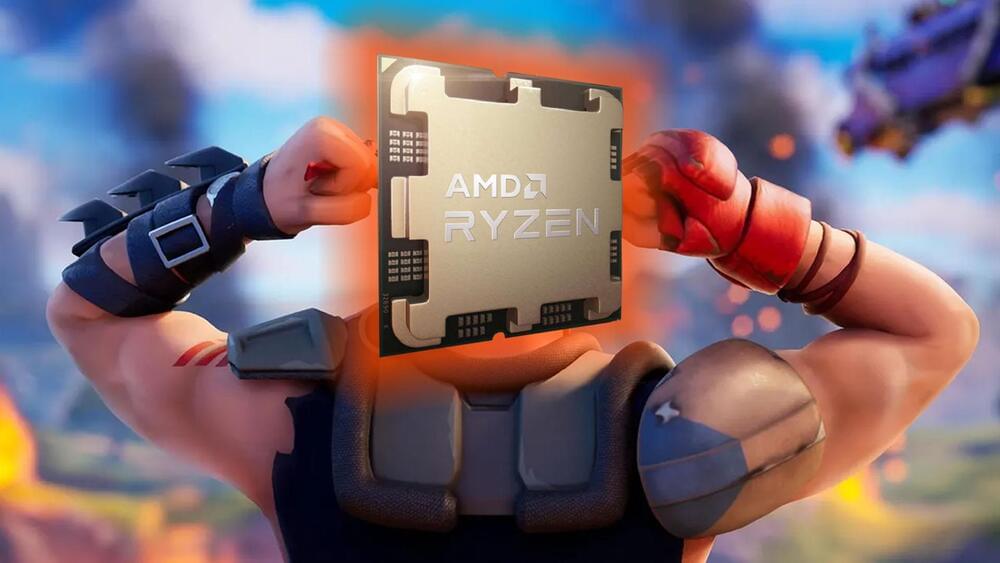The mega tech company’s ambition is to operate on carbon-free energy by 2030.
In its most substantial offshore wind project deal to date, Google has signed power purchase agreements (PPAs) for over 700 megawatts of clean energy to power its European data centers.
The company’s announcement is in line with its ambitious goal to achieve net-zero emissions across all of its operations and value chain by 2030, as per Google’s Environmental Report published last year.
Deals across Italy, Poland, Belgium and Netherlands
In the Netherlands, the search engine behemoth will get electricity from two projects — Hollandse Kust North V and West VI — off the coast, which is expected to provide about six percent of the country’s electricity consumption.


